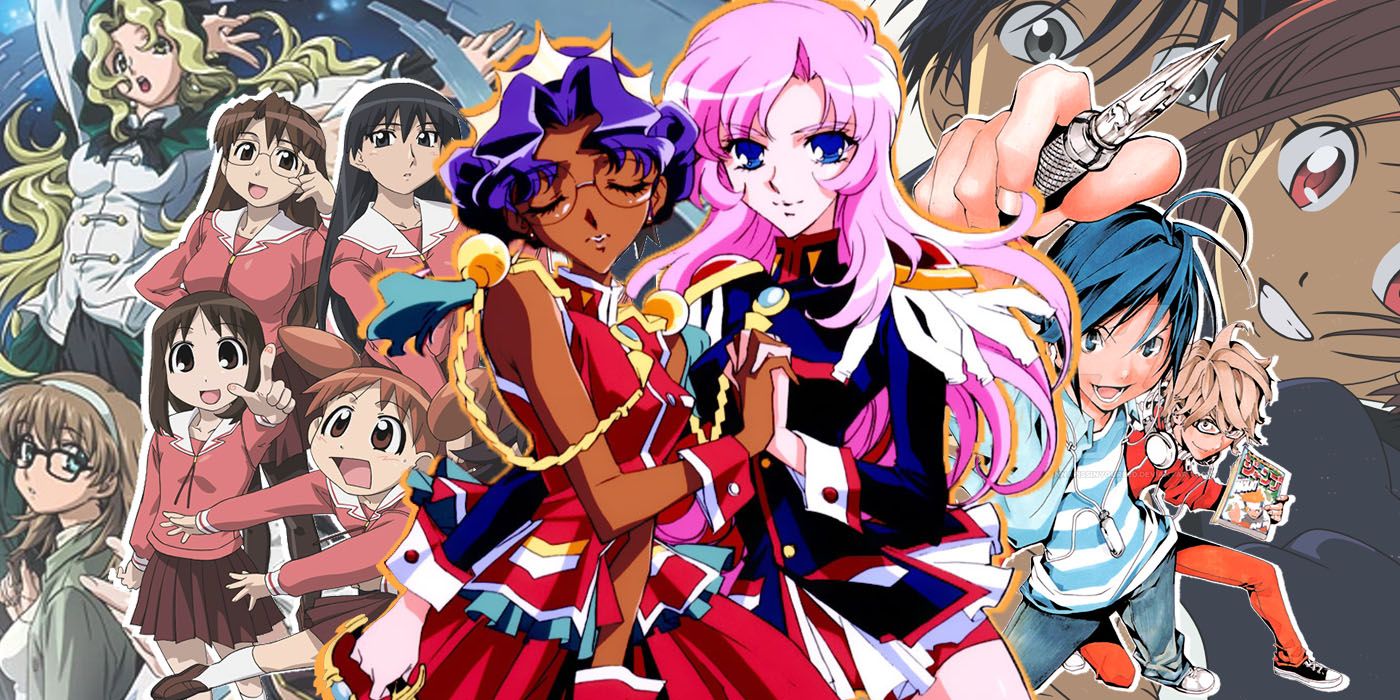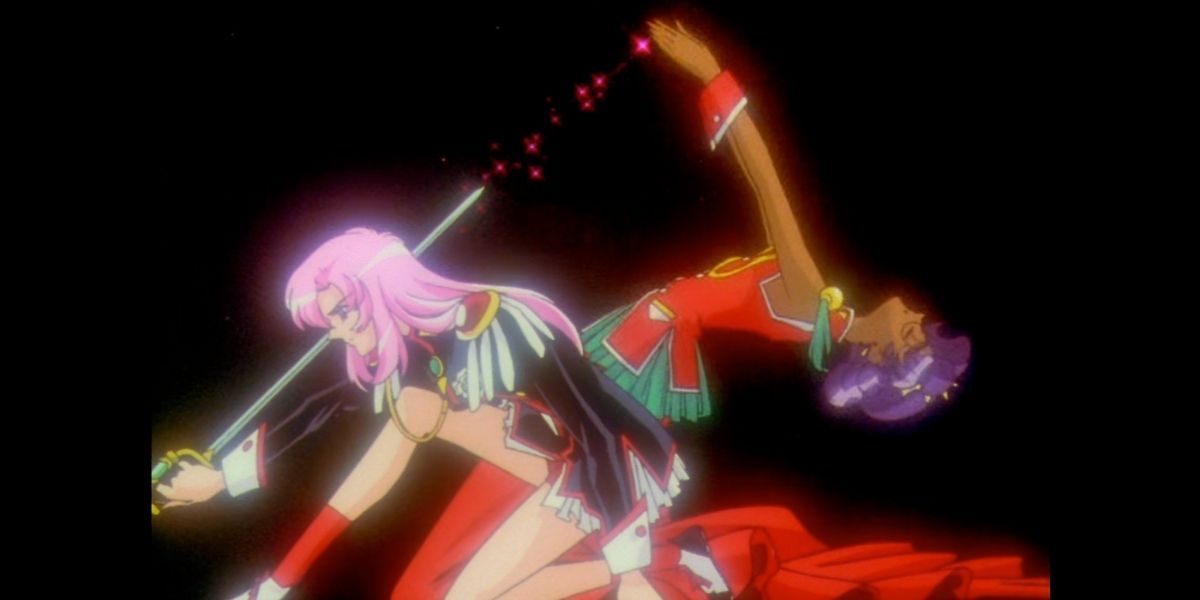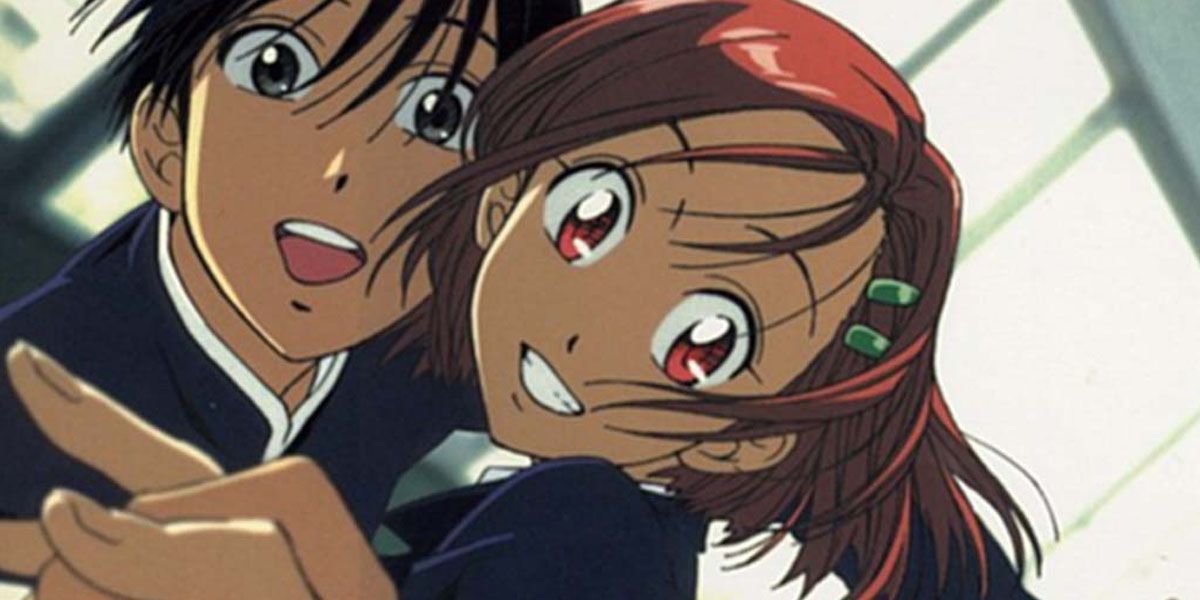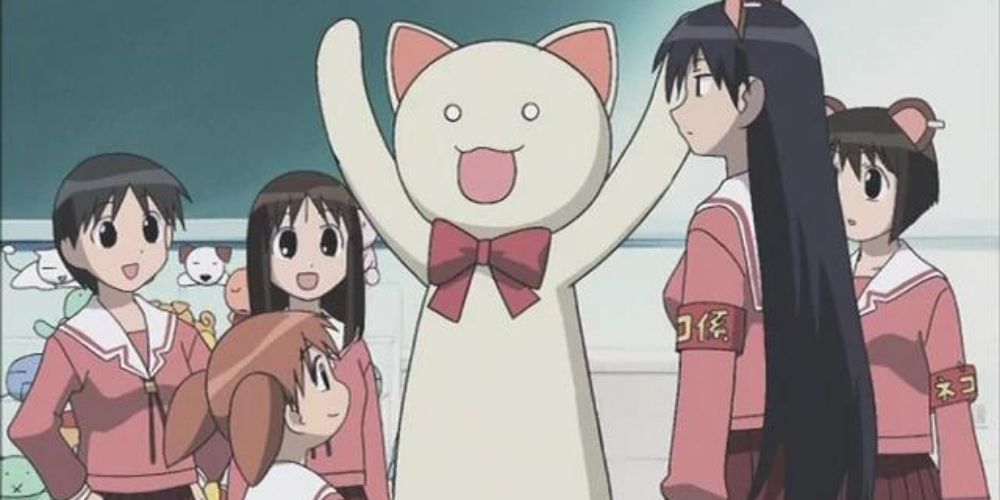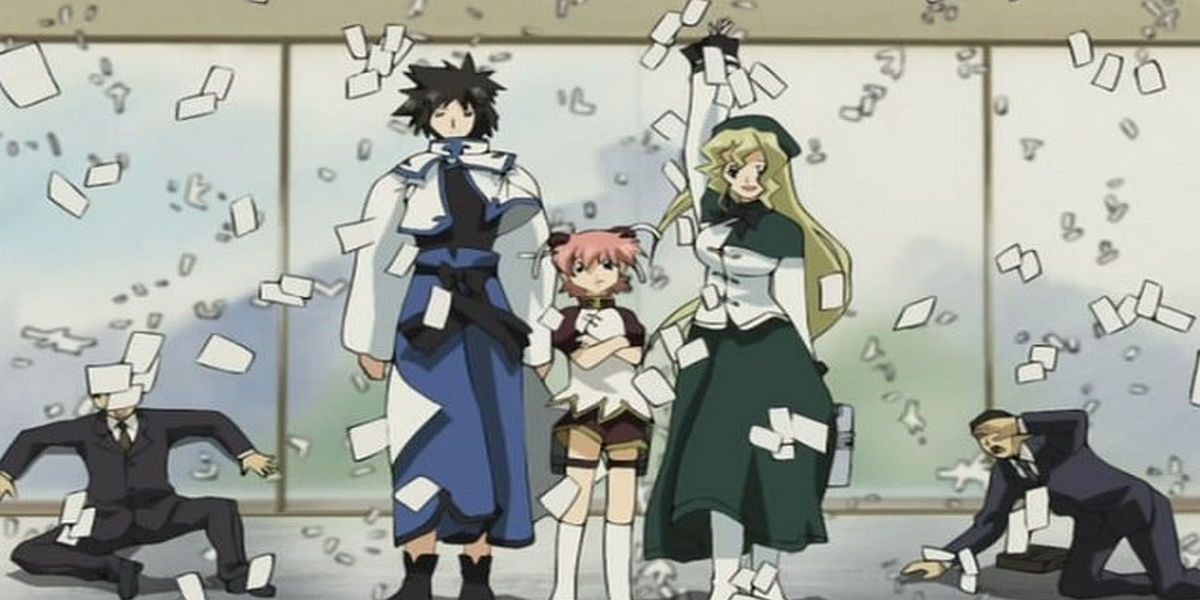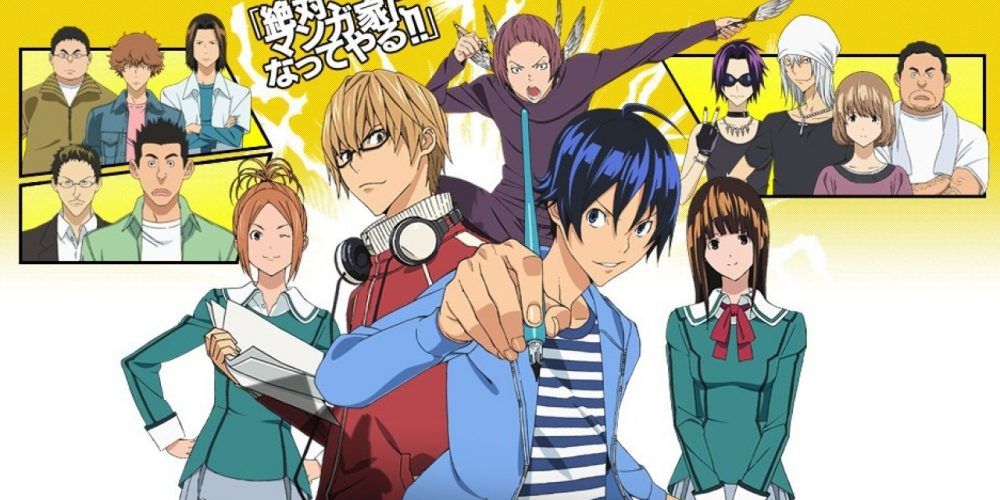In spite of its name, J.C.Staff (Japan Creative) might not initially seem like a hard-hitter in terms of anime studios, perhaps overshadowed by better-known companies such as Toei Animation or even the far newer MAPPA. However, the studio has actually been around since 1986, when it was formed by previous Tatsunoko Production employee Miyata Tomoyuki.
Aside from fan favorites Food Wars! and Toradora!, J.C.Staff is best known today for its numerous fantasy and isekai anime adaptations, including Is It Wrong to Try to Pick Up Girls in a Dungeon?, In Another World with My Smartphone, How a Realist Hero Rebuilt the Kingdom and 2022’s The Strongest Sage with the Weakest Crest. Nonetheless, newer anime viewers might be surprised to know that the studio has also worked on a much wider range of titles, from surrealist magical-girl romances all the way through to heartfelt coming-of-age dramas. Here are some of the very best of what J.C.Staff has produced to date.
Revolutionary Girl Utena (1997)
Orphaned at a young age, Tenjou Utena was once gifted a rose-engraved signet ring by a traveling prince, who swore to her that they would meet again someday. Inspired by his nobility, Utena vowed to one day become a prince herself. Now a high school student at Ootori Academy, Utena is abruptly dragged into a series of duels in order to win the hand of Anthy Himemiya, the mysterious “Rose Bride,” as her fiancée. However, while Utena desires only to save and protect Anthy from her apparent fate, Anthy’s submissive persona masks a far darker truth.
Now an absolute classic of both magical-girl titles and anime as a whole, Revolutionary Girl Utena (Shoujo Kakumei Utena) is a highly allegorical and symbolism-filled 39-episode series that has made an enormous impact on the industry. Simultaneously conforming to and subverting or deconstructing a number of character and thematical conventions, Utena has been compared to a variety of other titles including Rose of Versailles and Evangelion. Nonetheless, it is very much its own show, with an extremely distinct style and an atmosphere that exudes trippy surrealism.
Kare Kano/His and Her Circumstances (1998-99)
15-year-old Miyazawa Yukino has it all: stylish good looks, high academic and sporting abilities, and a sociable yet appropriately modest personality. However, her unreproachable demeanor hides the fact that she works tirelessly behind the scenes to maintain her appearance, grades and social standing. This is why she also secretly loathes Arima Souichirou, a classmate who dares to somehow get even higher test scores. However, when Arima inadvertently uncovers her true arrogance and vanity, his initial blackmail means that Yukino, in turn, uncovers the real Arima, allowing an authentic romance to blossom.
A collaboration between J.C.Staff and Gainax, Kare Kano (Kareshi Kanojo no Jijou, literally His and Her Circumstances) is a romantic comedy that, at least in terms of its story and themes, has stood the test of time. A romantic comedy with strong elements of psychological drama, the show is very much an Anno Hideaki work, albeit nowhere near as dark as Evangelion, and viewers who happened to enjoy the 2021 rom-com Horimiya may likewise be interested in some of the similar topics that Kare Kano explores. Regardless, it’s an oddly charming and certainly compelling series that’s well worth a look back at.
Azumanga Daioh (2002)
When 10-year-old prodigy Mihama Chiyo begins life as a high school student, she is determined to fit in and make friends with her older classmates. As it turns out, fitting in won’t really be a problem, as she is possibly one of the most “normal” students in class. Thanks to the likes of the spaced-out Kasuga Ayumu (aka “Osaka”) to the pedantically hyperactive Takino Tomo and even their overly casual (and occasional bike-thieving) homeroom teacher Tanizaki Yukari, this promises to be a high school experience like no other.
High school slice-of-life titles don’t get any more absurdist than Azumanga Daioh, although the later Lucky Star and Nichijou might both come close at times. Azumanga’s off-the-wall hijinks are delivered with 110% energy, so it’s not precisely a quiet series that fits into the iyashikei slice-of-life mold; nonetheless, the occasional quieter moments still somehow manage to be heartwarming, preventing the show from becoming too intensely frenetic. Its eccentric cast is also quick to grow on its audience, making the anime a must-watch for fans of intentionally bizarre humor and idiotically fun comedy sketches.
R.O.D the TV/Read or Die TV (2003-04)
Despite suffering from drawn-out writer’s block, Japanese novelist Sumiregawa Nenene travels to Hong Kong for a book signing, where she comes into contact with the three “paper sisters” -- Michelle, Maggie and Anita -- all of whom have the ability to manipulate paper. However, when Nenene’s hotel is bombed by a jealous wannabe writer, the sisters become her new bodyguards, later accompanying her back to Tokyo. Here, the four women begin to unravel a tangled web of mysteries surrounding Nenene’s missing friend Yomiko Readman, as well as the British Library’s devious plot to rule the world through literary terrorism.
From science-fantasy and action to mystery and drama, the J.C.Staff/Studio Deen collaboration R.O.D the TV/Read or Die TV (also sometimes known as Read or Dream) has something for everyone -- especially since despite now being almost two decades old, the show has aged remarkably well. With its cast of wacky yet lovable characters and its uniquely engaging plot, R.O.D is a surprisingly timeless series that should appeal to those in the mood for a charmingly earnest but fun-filled action/adventure romp -- or else just anyone with an insatiable passion for books.
Bakuman (2010-13)
Inspired by his now-deceased uncle, junior high school student Mashiro Moritaka has always dreamed of being a manga artist, although this dream now lies dormant -- until one of his classmates, the enigmatic Takagi Akito, an aspiring writer, convinces him to take up the pen professionally. With Takagi providing the stories and Mashiro doing the illustrations, the pair become known as Muto Ashirogi, with their goal to become the top mangaka in Japan -- and for Mashiro to marry long-time crush Azuki Miho once their work reaches the pinnacle of success.
Unquestionably one of the best shows out there about the creation of manga, Bakuman’s biggest strength lies in the fact that the story follows its cast over several years, spanning from junior high school to college and then young working adulthood. This allows the characters’ growth to feel both realistic and earned, with the audience following their arduous journey and witnessing their highs and lows in a way that almost feels like a first-hand experience. Skillfully weaving in elements of drama as well as comedy into a grounded slice-of-life title, Bakuman’s 75 episodes is a time investment for sure, but a very worthy one.

